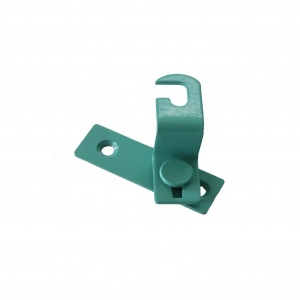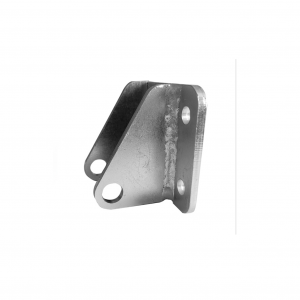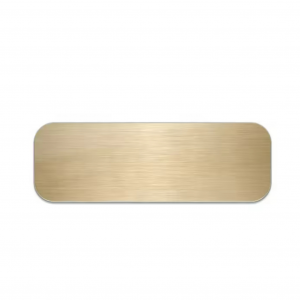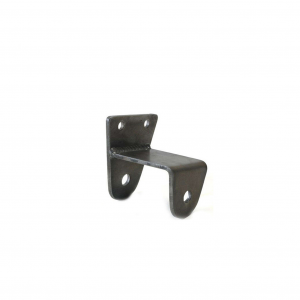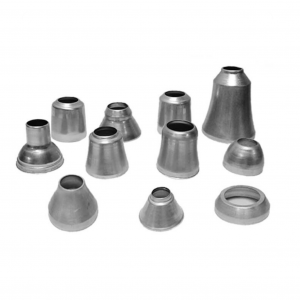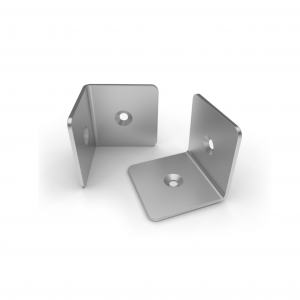Custom high quality metal engineering frame sheet metal processing
Description
| Product Type | customized product | |||||||||||
| One-Stop Service | Mold development and design-submit samples-batch production-inspection-surface treatment-packaging-delivery. | |||||||||||
| Process | stamping,bending,deep drawing,sheet metal fabrication,welding,laser cutting etc. | |||||||||||
| Materials | carbon steel,stainless steel,aluminum,copper,galvanized steel etc. | |||||||||||
| Dimensions | according to customer's drawings or samples. | |||||||||||
| Finish | Spray painting, electroplating, hot-dip galvanizing, powder coating, electrophoresis, anodizing, blackening, etc. | |||||||||||
| Application Area | Auto parts, agricultural machinery parts, engineering machinery parts, construction engineering parts, garden accessories, environmentally friendly machinery parts, ship parts, aviation parts, pipe fittings, hardware tool parts, toy parts, electronic parts, etc. | |||||||||||
Color of aluminum
Aluminum can be made into gradient colors through a variety of processes, including but not limited to anodizing, electrophoretic coating and painted gradient aluminum veneer processing.
Anodizing is a treatment method that changes the appearance and performance of aluminum alloys by forming an oxide film on their surface. In the production of gradient colors, anodizing can achieve a gradient effect by masking part of the surface and then anodizing different parts with different colors.
The specific process flow includes polishing, sandblasting, wire drawing, degreasing, masking, anodizing, sealing and other steps. The advantages of this method include improving strength, achieving any color except white, and achieving nickel-free sealing to meet the requirements of nickel-free in specific countries. The technical difficulty lies in improving the yield of anodizing, which requires the appropriate amount of oxidant, temperature and current density.
Electrophoretic coating is suitable for materials such as stainless steel and aluminum alloys. By processing in a liquid environment, surface treatment of various colors can be achieved while maintaining the metallic luster and enhancing the surface performance, and having good anti-corrosion performance. The process flow of electrophoretic coating includes pre-treatment, electrophoresis, drying and other steps.
Its advantages include rich colors, no metallic texture, can be combined with sandblasting, polishing, brushing and other treatments, processing in a liquid environment can achieve surface treatment of complex structures, mature technology and mass production.
The disadvantage is that the ability to conceal defects is average, and the pre-treatment requirements are high.
The painted gradient aluminum veneer is processed by using fluorocarbon paint through a special roller coating process, adding new materials, so that the aluminum plate has a gorgeous and soft color like metal, presenting different colors at different angles, forming a flowing visual aesthetic decoration. This treatment method takes advantage of the excellent performance of the fluorocarbon coating, and there are dozens of options for the base color. It can be processed with a variety of alloy materials according to thickness and technical requirements.
Aluminum can achieve a gradient color effect through a variety of processes such as anodizing, electrophoretic coating and painted gradient aluminum veneer. Each method has its specific process and technical characteristics, suitable for different application scenarios and needs.
Quality management
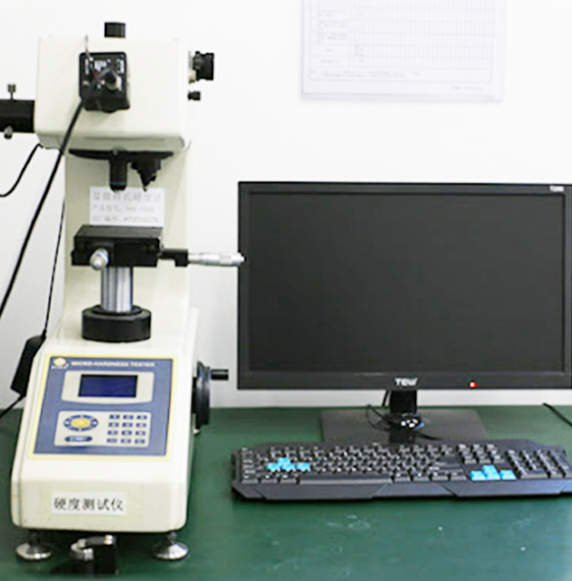
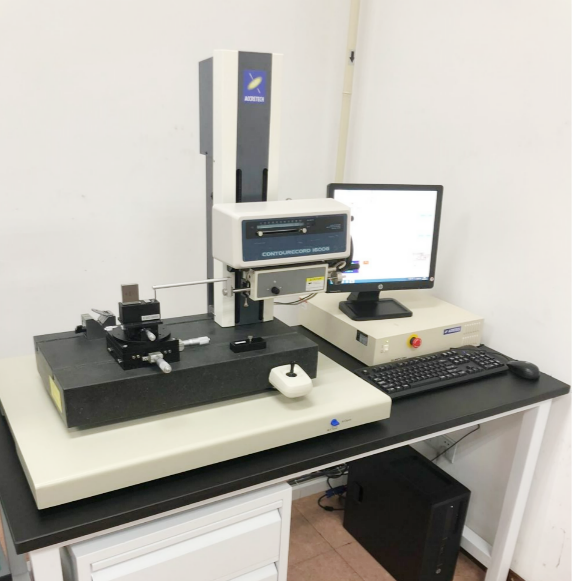
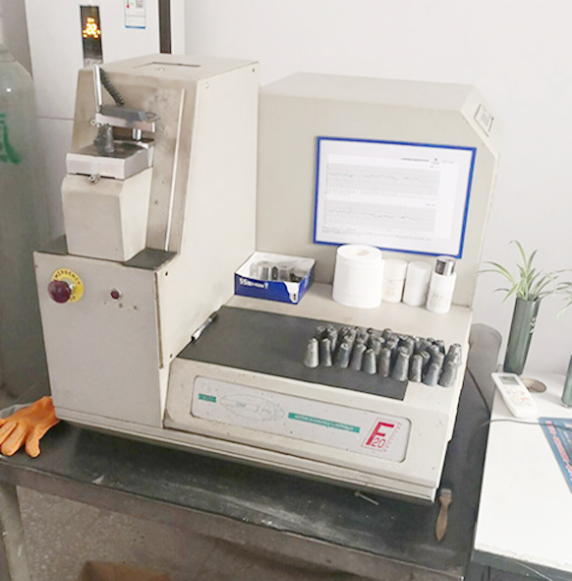
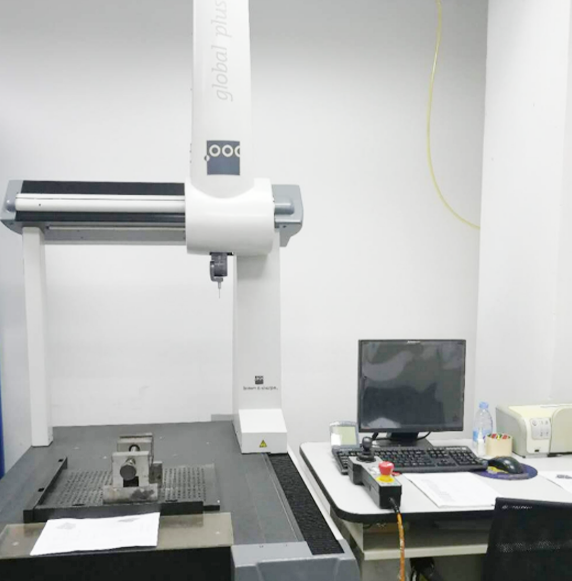
Vickers hardness instrument.
Profile measuring instrument.
Spectrograph instrument.
Three coordinate instrument.
Shipment Picture




Production Process
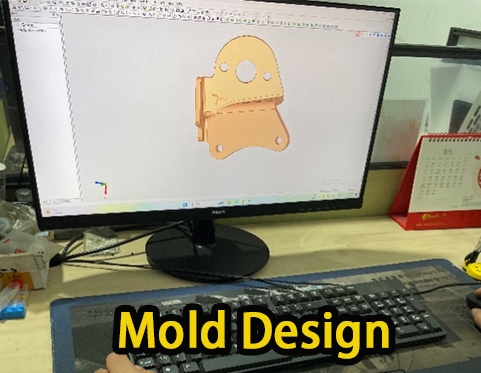
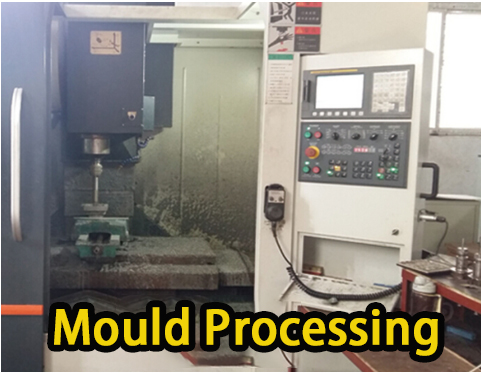
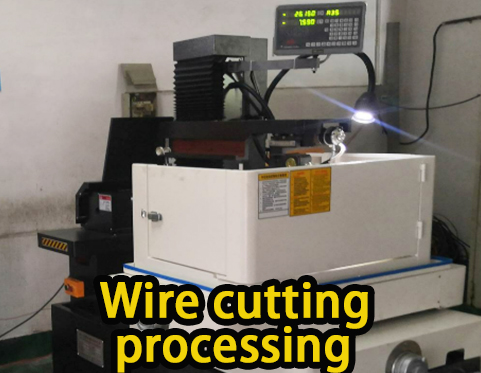
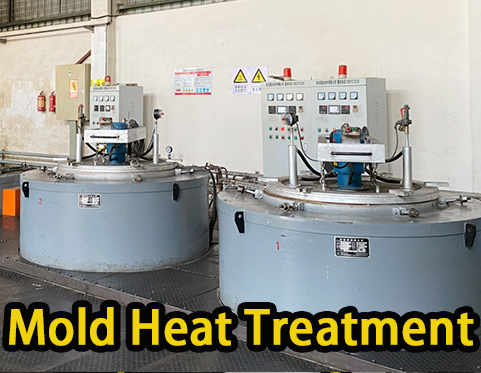
01. Mold design
02. Mould Processing
03. Wire cutting processing
04. Mold heat treatment
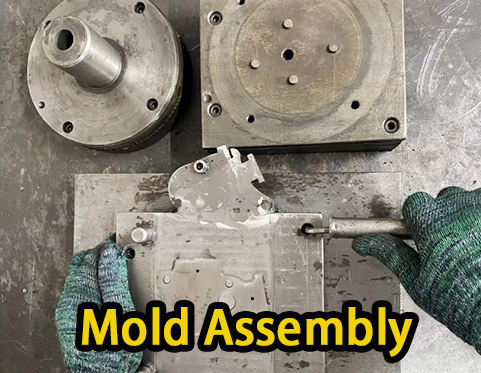
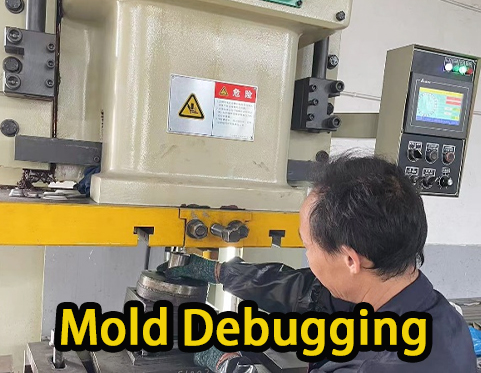
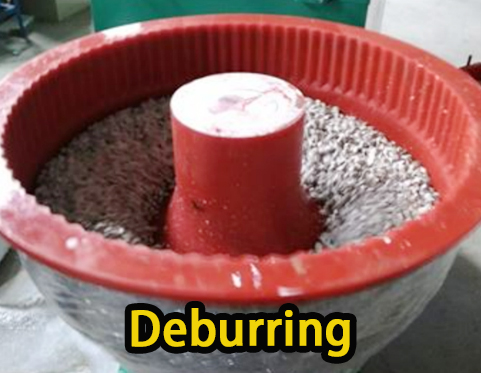
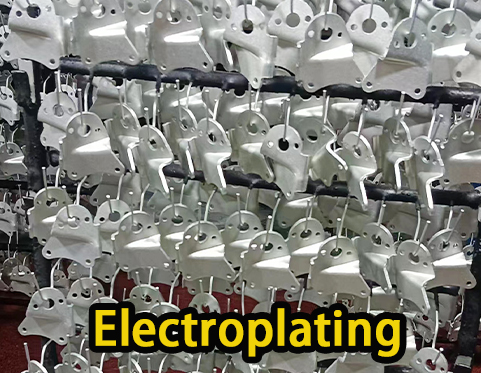
05. Mold assembly
06. Mold debugging
07. Deburring
08. electroplating

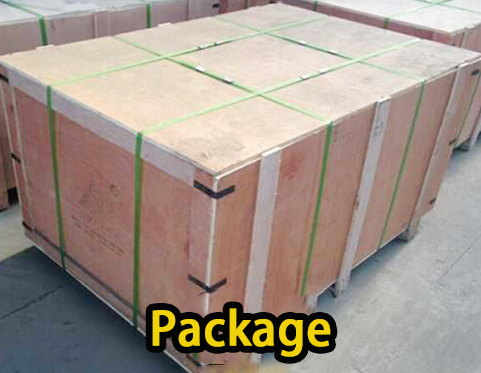
09. Product Testing
10. Package
Sheet metal process
Sheet metal processing is a manufacturing process that performs a series of processing operations on metal sheets to form parts or components of various shapes and sizes.
The process of making parts or components of various shapes by cutting, bending, stamping and other processing of metal sheets. This processing method is not only applicable to metal materials such as steel, aluminum, copper, but also different types of alloy materials can be selected according to specific needs.
Main process steps
First, according to the needs of the product, select the appropriate metal sheet as the raw material, including metal type, thickness, specifications, etc.
Cutting: Use equipment such as shearing machines or laser cutting machines to cut and cut metal sheets to obtain the required shape and size.
Stamping: Pressing and forming metal sheets through molds, including simple punching, stretching, etc. The stamping process can realize the manufacture of parts with complex shapes and precision.
Use a bending machine to bend the metal sheet to obtain the required geometric shape. The bending process can ensure the shape and size accuracy of the parts.
Welding: Assemble and fix different sheet metal parts through welding processes. Welding methods include spot welding, continuous welding, etc., and you can choose the appropriate welding method according to the specific needs of the parts.
Surface treatment: including grinding, polishing, spraying, electroplating and other surface treatment processes to protect the surface of sheet metal from corrosion or oxidation and improve its aesthetics and durability.
Assembly: Assemble different sheet metal parts according to design requirements, including threaded connection, riveting, bonding and other methods. During the assembly process, attention should be paid to accuracy and stability to ensure the quality and performance of the product.
Sheet metal processing can be seen in different fields, such as elevator guide rail fixing brackets, mechanical accessories connection brackets in the construction industry, stainless steel welding brackets, etc.
FAQ
Q: Are you a trading company or manufacturer?
A: We are manufacturer.
Q: How to get the quote?
A: Please send your drawings (PDF, stp, igs, step...) to us by email , and tell us the material, surface treatment and quantities, then we will make a quotation to you.
Q: Can I order just 1 or 2 pcs for testing?
A: Yes, of course.
Q. Can you produce according to the samples?
A: Yes, we can produce by your samples.
Q: How long is your delivery time?
A: 7~ 15 days, depends on the order quantities and product process.
Q. Do you test all your goods before delivery?
A: Yes, we have 100% test before delivery.
Q: How do you make our business long-term and good relationship?
A:1. We keep good quality and competitive price to ensure our customers benefit ;
2. We respect every customer as our friend and we sincerely do business and make friends with them, no matter where they come from.


